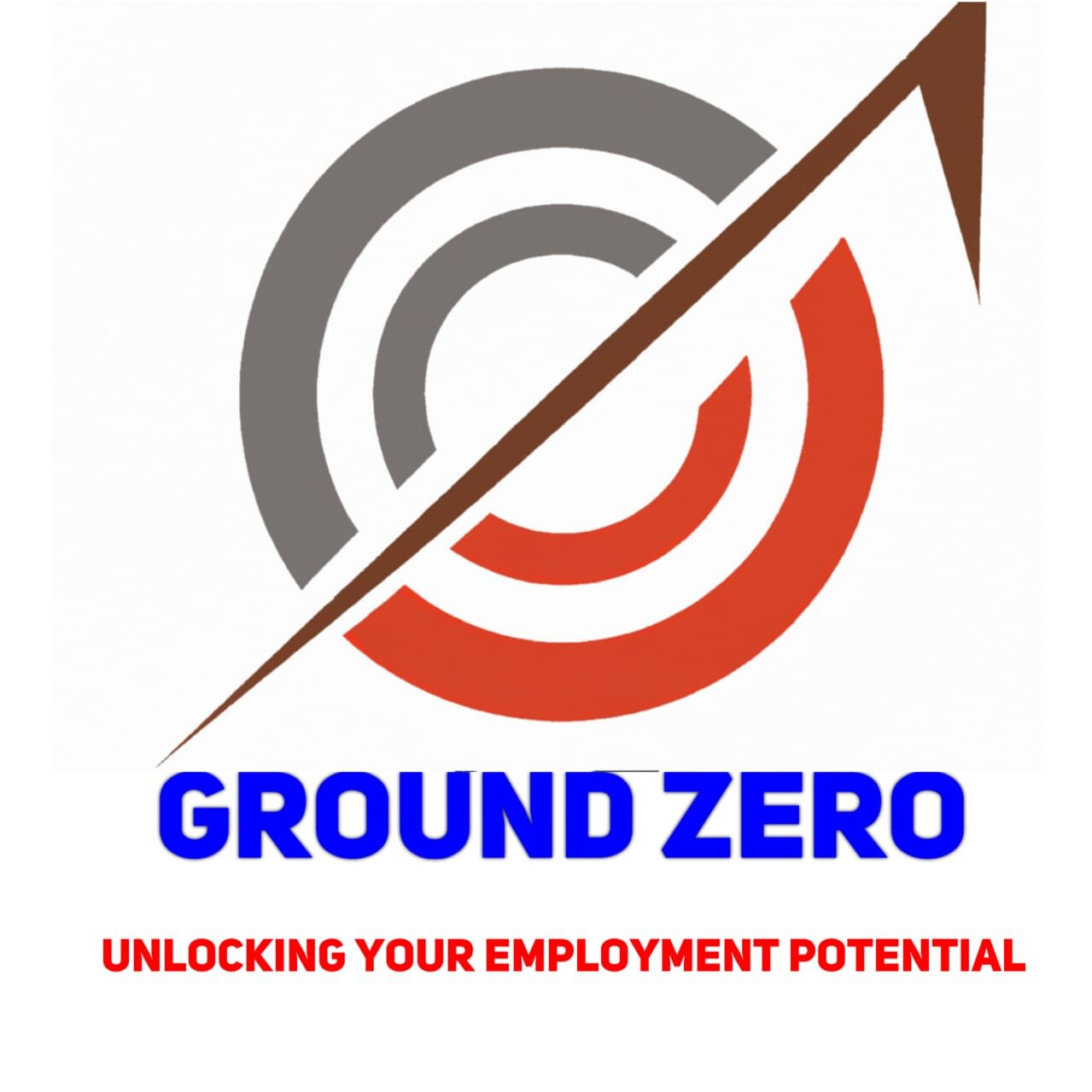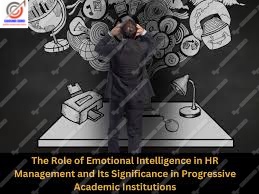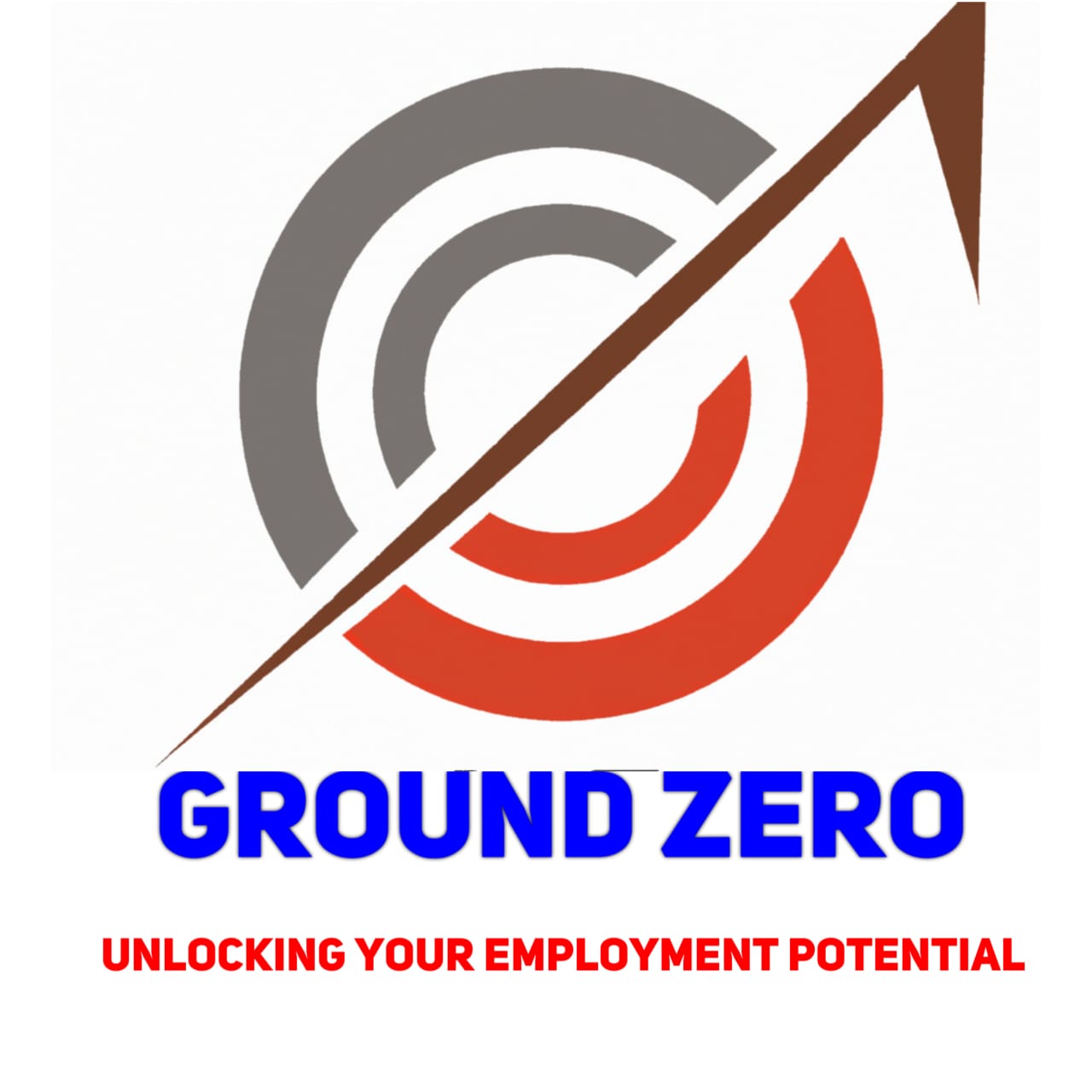Research shows that HR professionals, who are constantly involved in human-centred tasks, greatly benefit from improving their Emotional Intelligence. Human Resource Management (HRM) involves frequent interactions with people in which emotional Intelligence (EI) is essential for achieving organisational success.
EI enables HR professionals not only to understand themselves and others better but also to manage workplace challenges with empathy and insight. By enhancing their emotional intelligence, HR practitioners can promote positive work environments, resolve conflicts effectively, and inspire teams to achieve their fullest potential.
High emotional intelligence is characterized by an individual’s ability to effectively recognize, understand, and manage their own emotions, as well as empathize with and influence the emotions of others, leading to better relationships and decision-making.
In this blog, we’ll explore how emotional intelligence skills empower HR professionals to navigate such diverse situations, build stronger relationships with employees, and ultimately, create a workplace where everyone feels valued and supported.
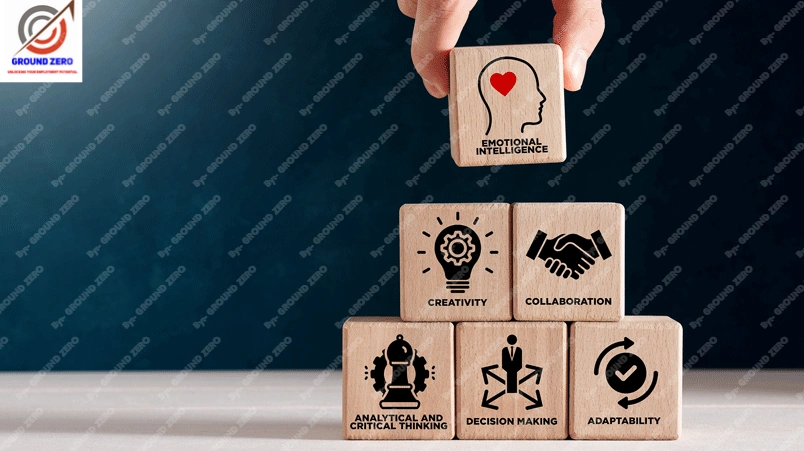
Role Of An HR Professional:-
Human Resources Management combines the skills of managing people with necessary technical knowledge to effectively recruit, develop, motivate, and retain employees within an organisation. The technical side of HR includes legal requirements, policies, procedures, and data analysis. This side ensures compliance, efficiency, and smooth operation of HR functions. It broadly focuses on:
>> Developing job descriptions, screening resumes, conducting interviews based on specific criteria.
>> Appraising employee performance against set goals and objectives using clear metrics.
>> Administering payroll, managing benefits programs, complying with labour laws.
When we look at the human side of HR, it is like the heart and soul of the department. It’s about fostering positive relationships, understanding employee experiences, and creating an exciting work environment. This side broadly focuses on:
Connecting with employees on a personal level, encouraging open communication.
Recognizing individual contributions, creating a sense of purpose and belonging.
Mediating disagreements between employees, facilitating constructive communication.
This human-centred approach when combined with emotional intelligence, becomes truly transformative allowing HR professionals to take their skills to the next level.
By effectively combining technical expertise with the human touch, HR professionals can create a work environment that not only operates efficiently but also fosters a happy, engaged, and productive workforce. This, in turn, contributes to the overall success and growth of the organisation. Let’s understand how emotional intelligence empowers HR professionals.
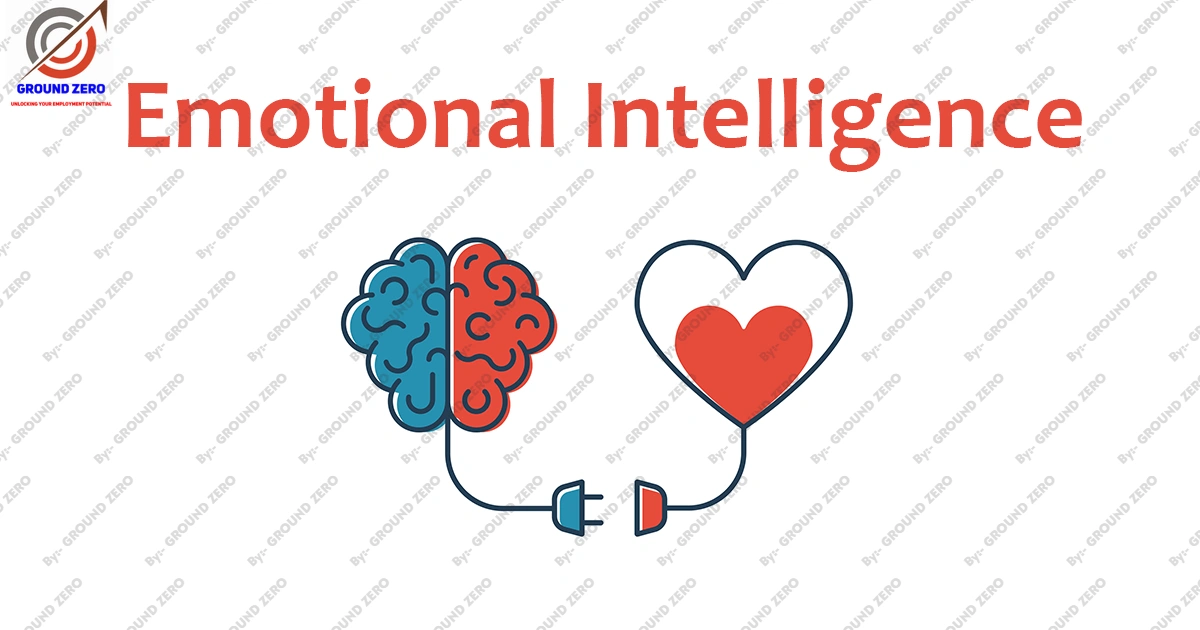
Emotional Intelligence In HRMs:-
We have looked at the multifaceted nature of this role, demanding both technical expertise and a strong understanding of the human element. While both sides are crucial, emotional awareness emerges as the game-changer, acting as the bridge that connects technical skills with the human touch. Let’s see how each aspect of emotional intelligence empowers HR professionals to excel in their roles:
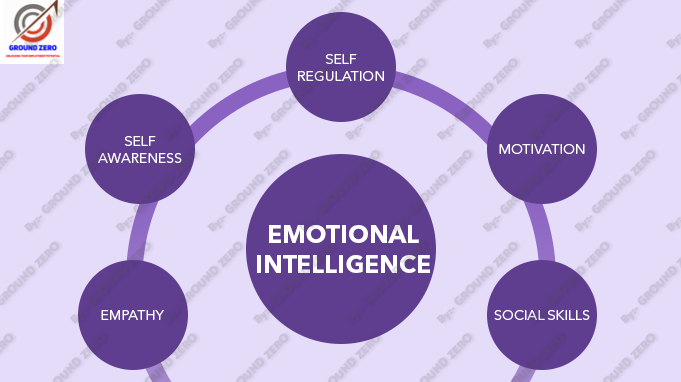
Self-awareness
For emotional intelligence in HR professionals, self-awareness means being conscious of your own emotions and understanding how they influence your thoughts and actions. Recognizing your strengths and areas for improvement helps in making better decisions and interacting more effectively with colleagues and employees.
Managing emotions effectively involves recognizing and understanding your feelings, practicing self-regulation techniques, emotionally intelligent hr professionals and responding thoughtfully to situations, which leads to better decision-making and healthier relationships.
Mental health encompasses our emotional, psychological, and social well-being, affecting how we think, feel, and act. So emotional intelligence plays a vital role for that!
Developing strong motivation involves setting clear and achievable goals, maintaining a positive mindset, finding intrinsic rewards in tasks, staying persistent despite challenges, develop strong motivation, understanding emotional intelligence, harnessing emotions, interpersonal relationships and continuously reminding yourself of the purpose and benefits of your efforts, where social awareness, foster feelings plays a vital role!
About the self motivation is the inner drive to take action and pursue goals without external encouragement, fueled by personal ambition, passion, and a clear sense of purpose. It adds their improve emotional intelligence only!
Example: Before a performance appraisal, an HR manager can reflect on their own biases and emotional triggers to ensure they provide fair and objective feedback. Practicing active listening involves fully concentrating, understanding, practice active listening, responding, and remembering what is being said during a conversation.
Self-regulation
Self-regulation involves managing your emotions, especially in stressful situations. This means staying calm and composed during conflicts, remaining objective when addressing sensitive issues, and avoiding impulsive reactions that could escalate problems.
Professional relationships are connections and interactions with colleagues, clients, and business partners that are based on mutual respect, trust, positive leaders, self aware and effective communication.
Emotionally charged events are significant occurrences that evoke strong emotional reactions, such as joy, sadness, anger, or excitement. The importance of emotional intelligence lies in its ability to enhance personal and professional relationships, improve communication, and foster effective decision-making. The rational decisions plays very vital role here!
Individuals with high emotional intelligence can manage their own emotions, understand and empathize with others, handle stress better, simply imagine, company culture, conflict management, business analytics and resolve conflicts more effectively. This leads to improved mental health, stronger teamwork, human interactions and greater overall success in various aspects of life.
It allows HR professionals to handle challenges with a clear mind and professional demeanour. It involves setting personal objectives, emotional quotient, qualities affect, manage emotions, interpersonal skills, self accomplishment, relationship management maintaining a positive attitude, and persistently working towards achieving desired outcomes despite obstacles.
Example: During a heated dispute between employees, an HR manager can use self-regulation techniques to remain calm and composed, facilitating a more constructive resolution or self confidence.
Empathy
Empathy is the ability to understand and share the feelings of others. This translates to genuinely caring about employees’ well-being, understanding their perspectives, and addressing their concerns thoughtfully. Empathetic HR professionals create a supportive work environment where employees feel valued and heard.
Example: When an employee faces personal difficulties, an empathetic HR manager provides support and flexible working arrangements to help them balance work and personal life.
Motivation
Motivation refers to having a genuine passion for your work and a drive to achieve goals that benefit the organisation and its people. It involves being proactive, striving for continuous improvement, and inspiring others through your dedication and enthusiasm.
Example: An HR manager might set a goal to reduce employee turnover by 10% within a year by implementing more effective engagement and retention strategies.
Relationship Building
Relationship building is about creating and maintaining positive interactions with others. This means fostering strong connections with employees, managers, and other stakeholders. Effective relationship building leads to a more collaborative workplace, where trust and mutual respect are foundational.
Example: An HR manager uses their social skills to mediate a conflict between two team members, ensuring both parties feel heard and working towards a mutually acceptable solution.
By mastering these aspects of emotional intelligence, HR professionals can transform their interactions with employees, fostering a positive work environment where everyone feels valued, respected, and empowered to contribute their best.

Impact Of Emotional Intelligence On HRM Responsibilities
Emotional intelligence enables HR professionals to excel in various tasks. Let’s see how emotional intelligence influences key HRM responsibilities and helps manage workplace challenges effectively.

Recruitment And Selection
Emotional intelligence goes beyond the resume. You can assess a candidate’s ability to handle stress, collaborate effectively, and manage conflict – all crucial for success within a team environment. Let’s say an exceptional candidate on paper lacks the emotional intelligence to fit seamlessly within the team culture. In such a case, you utilise your emotional intelligence by asking questions that reveal a candidate’s ability to handle pressure, collaborate effectively, and manage conflict, observing non-verbal cues to gauge their emotional resilience.
Performance Management
Delivering constructive feedback can be a delicate issue. Having Emotional intelligence allows HR professionals to provide clear and honest feedback while remaining empathetic and supportive. We know that delivering harsh feedback can demotivate an employee and damage employee morale. In such cases, schedule a private meeting, actively listen to the employee’s perspective, and focus on specific behaviours you want to improve. For example, instead of saying, “You’re constantly missing deadlines,” say, “I’ve noticed your deadlines have slipped recently. Can we discuss strategies to improve time management?”
Conflict Resolution
The workplace is a diverse blend of personalities with different mindsets and goals. HR professionals with high EQ can navigate disagreements effectively and mediate conflicts constructively. They can understand the emotions underlying conflict and help find solutions that work for everyone involved. Let’s say there are two employees with clashing personalities who are at odds, impacting team productivity. You can tap into your empathy to understand the emotions fueling the conflict. Mediate the situation by facilitating open communication, allowing each employee to express their feelings. Focus on finding common ground and collaborative solutions through team-building exercises to foster understanding and communication.
Employee Engagement
Research suggests that employees who feel valued, respected, and understood are more likely to be engaged and stay with the company. Emotional intelligence empowers HR to create a positive work environment where employees feel heard, supported, and motivated to contribute their best. If employees feel undervalued and disengaged that leads to high turnover. As an HR, utilise your self-awareness to recognize your own biases and ensure fair treatment of all employees. Recognize and celebrate achievements publicly. Foster open communication through regular check-ins and team meetings.
Leadership Development
HR often plays a role in developing leaders within the organisation. By promoting and nurturing emotional intelligence skills, HR can help leaders build stronger relationships with their teams by facilitating communication channels, fostering a workplace culture of trust and openness, providing coaching and mentorship programs, promoting team-building activities, and offering conflict resolution strategies. If a leader with poor communication skills struggles to inspire and motivate their team. By promoting emotional intelligence in leaders, HR can help them build trust through open communication and transparency. Leaders with strong social skills can cultivate a collaborative environment where everyone feels valued for their contributions.
Emotional intelligence acts as the bridge between the technical aspects of HR and the human element, allowing HR professionals to take their skills to the next level. By actively developing emotional intelligence, HR professionals can become more effective partners to employees, creating a win-win situation for both the organisation and its workforce.
Conclusion::
Human resource management is no longer confined to spreadsheets and policy manuals. It’s a human landscape where emotions and relationships play a central role. By actively working on your emotional intelligence, you prepare yourself to handle the challenges of HR more effectively. You become not just an administrator, but a bridge between company goals and employee well-being. As your EQ strengthens, so too does your ability to build trust, foster collaboration, and create a work environment where everyone feels valued and empowered to thrive. The journey towards mastering emotional intelligence is ongoing, but the rewards are immeasurable. Embrace the challenge, and watch yourself transform into an HR professional who shapes a positive and productive future for your organisation, one meaningful interaction at a time.
Discover more from Ground Zero
Subscribe to get the latest posts sent to your email.
